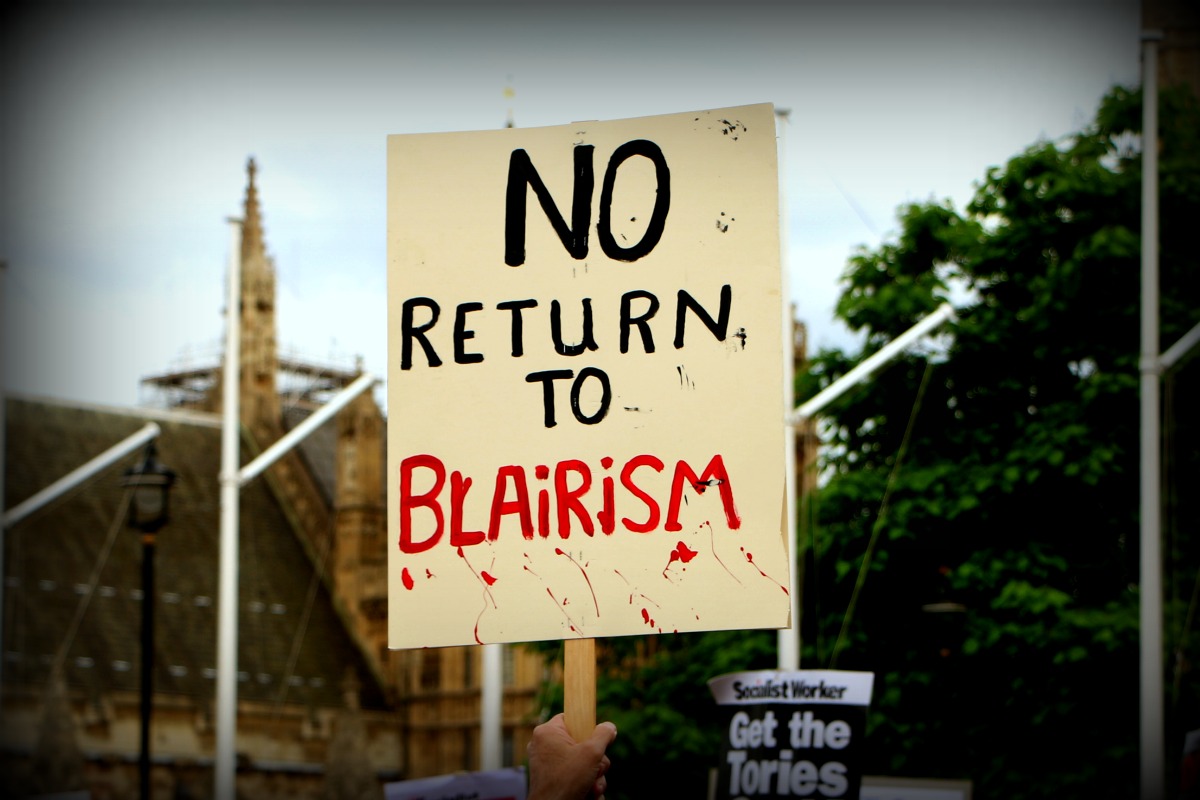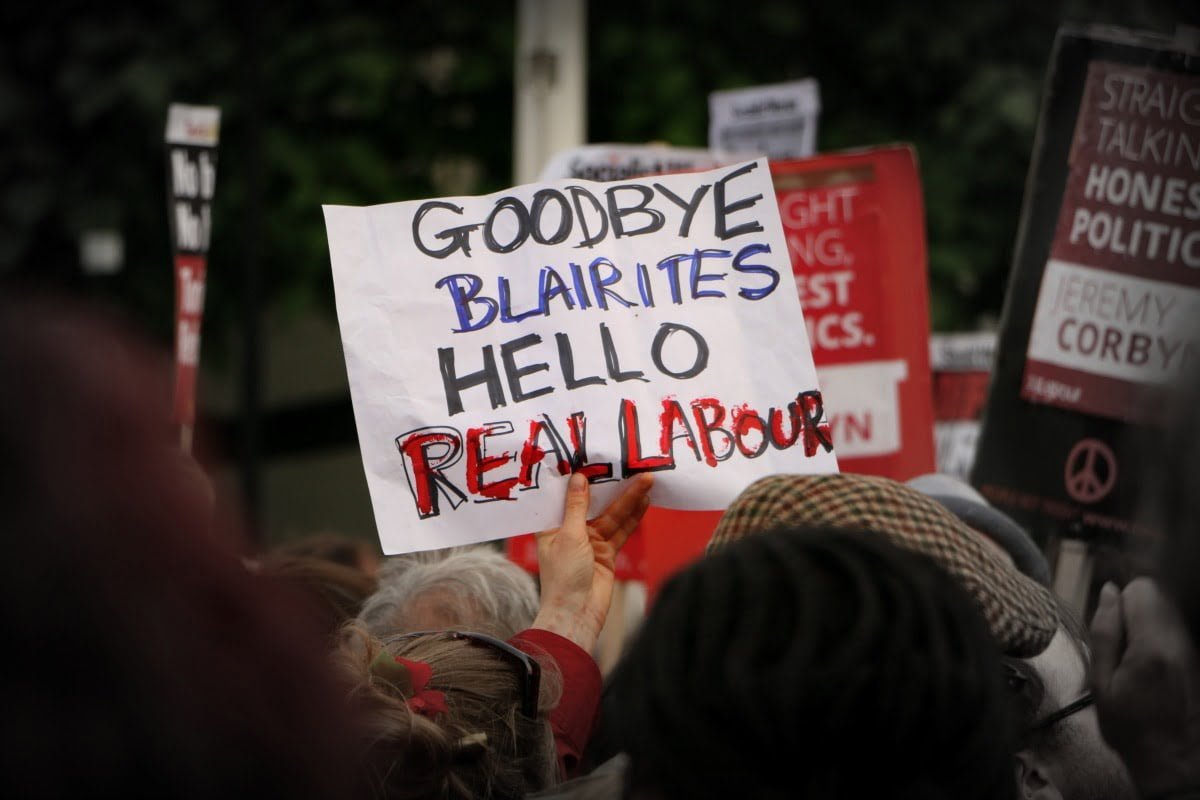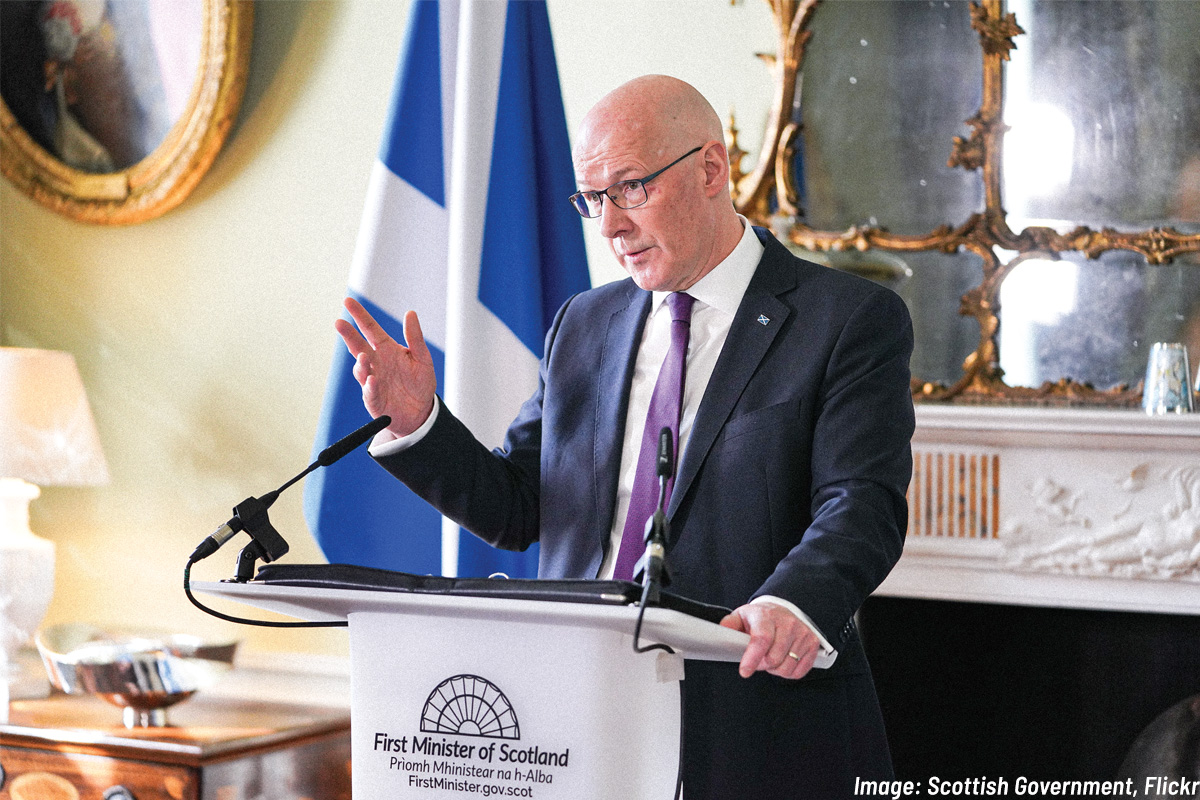After losing her trigger ballot, Diana Johnson, MP for Hull North, faces the first selection process under new rules. If Blairite MPs genuinely represented their members, they would have nothing to fear. Their howls of ‘unfair’ show the truth.
Ever since Corbyn was elected leader of the Labour Party in 2015, the demand for mandatory reselection processes of sitting MPs has been in the air and growing in support.
It is implicit and necessary in a situation in which the leader and the vast majority of members are far to the left of the bulk of Labour MPs. Members may not have won the mandatory reselection they wanted at last year’s conference, but it has become easier for them to deselect their MP. Now, finally, the first such selection process will take, after the MP for Hull North lost a trigger ballot.
Under the new rules, a sitting MP will have to face a selection process if ⅓ or more of the branches or affiliated organisations (i.e. trade union branches) vote – in what are known as trigger ballots – that they do not want the MP to be reselected as their candidate in the next election. Should this happen, the MP would have to stand to be the Labour candidate alongside other candidates, allowing local members the chance to change who their candidate is.
The NEC has decided that now is the time for trigger ballots to start taking place, and a number have done so already. The exact schedule is drawn up by regional officers and then CLP executives are told they have a window of a few weeks in which to organise the trigger ballots. If the MP is successfully ‘triggered’, a selection process begins, which is expected to take about eight to twelve weeks.
Under this system, the MP for Hull North, Diana Johnson, has lost her trigger ballot and so will have to fight to be reselected as the Labour candidate for her seat. In the time-honoured style of Blairite MPs, she immediately started complaining about how unfair this is. Instead of preparing for the fight by attempting to convince members she is the best possible representative of the cause of the working class, she has vowed to challenge the decision by appealing to the NEC on the grounds that some branch meetings that voted against her were poorly attended. This will not endear her any further to her members, but then again right wing Labour MPs have never cared about the membership.
Blairites out
 In truth, Johnson has spent years alienating members by voting no confidence in Corbyn, spending all her time in London instead of Hull, and openly attacking Chris Williamson. In the trigger ballot process she was able to fully use the membership database to get people along to meetings, a resource denied to those against her – and yet she still lost. Instead of complaining about having to go through a democratic process, which all MPs should automatically have to, she should enthusiastically welcome the chance to win the argument.
In truth, Johnson has spent years alienating members by voting no confidence in Corbyn, spending all her time in London instead of Hull, and openly attacking Chris Williamson. In the trigger ballot process she was able to fully use the membership database to get people along to meetings, a resource denied to those against her – and yet she still lost. Instead of complaining about having to go through a democratic process, which all MPs should automatically have to, she should enthusiastically welcome the chance to win the argument.
Other Blairites have reacted in the same spoilt-child manner we have come to expect. The Guardian has quoted one Midlands MP who complains:
“I suspect I could win a selection battle, but it’s money and time which could go on fighting to keep this a Labour seat when the Tories are targeting it hard…I have almost 2,000 members who I could take to campaign elsewhere, but we are locked down in the constituency – during the most rightwing government of my lifetime.”
This would have a bit more credibility had they spent the past four years attacking the Tories instead of Corbyn and their own members! Ever since Corbyn rejuvenated the party, it has organised hundreds of trips to marginal seats to unseat Tories, even in non-election time. It is only the right wing that can be accused of fostering infighting instead of fighting Tories.
So worried are they that Tom Watson (who next week faces his own trigger ballot) has apparently been running private sessions on surviving the deselection process for 160 MPs in his right-wing ‘Future Britain’ group. If Blairite MPs genuinely represented their members and fought for the working class, they wouldn’t need to spend the time and money they complain about to win over members just because there’s now a reselection battle – their records would speak for themselves.
For mandatory reselection
 As welcome as these democratic developments are, there is a real danger it is a case of too little, too late. Should a general election be announced in the next two months, the process will be cut short. The NEC would then inevitably overrule any successful trigger ballots, and would reimpose the sitting MPs as candidates for the election on the grounds there is a lack of time to choose a new one.
As welcome as these democratic developments are, there is a real danger it is a case of too little, too late. Should a general election be announced in the next two months, the process will be cut short. The NEC would then inevitably overrule any successful trigger ballots, and would reimpose the sitting MPs as candidates for the election on the grounds there is a lack of time to choose a new one.
This would then be the second election in a row in which CLPs have no choice whatsoever who their parliamentary candidates are, since 2017’s general election was also early. This is ironic because the rule changes from last year’s conference were supposed to make it easier to deselect sitting MPs. Much like the Fixed Term Parliament Act, just as the rule change has come in it has been superseded by political turmoil.
This proves in practice how flawed the trigger ballot process is. It means that ballots have to be organised in every single ward, and sitting MPs have, by their own admission, the massive advantage of an office and full time staff they can devote to packing meetings with their people. If they fail their trigger ballots, a lengthy and bureaucratic selection process has to take place before members are presented with the shortlist from which they can choose.
Far better would be what was on the agenda at last year’s conference but was shunted off the agenda by the NEC: an automatic selection process for all MPs.
This would be far more democratic and would remove the threat of sitting MPs defecting to the Liberal Democrats, as Chuka Ummuna did, should a trigger ballot be called, since it would be understood that every MP would have to go through the process. Instead of having a secretive selection panel to choose a shortlist of candidates once a selection process is taking place (as is the current practice), candidates should be chosen on the basis of branch nominations and then quickly put to GC / all-members CLP meetings to vote on.
Despite these shortcomings, the successful triggering of Diane Johnson in Hull is a sure sign that the membership is finally beginning to exert democratic control over their MPs. We welcome this process, which can only help to transform the Labour Party into one led by its members and representative of the working class.
- For the deselection of all Blairite MPs
- For workers’ MPs on workers’ wages
- For a Corbyn government on a clear socialist programme






